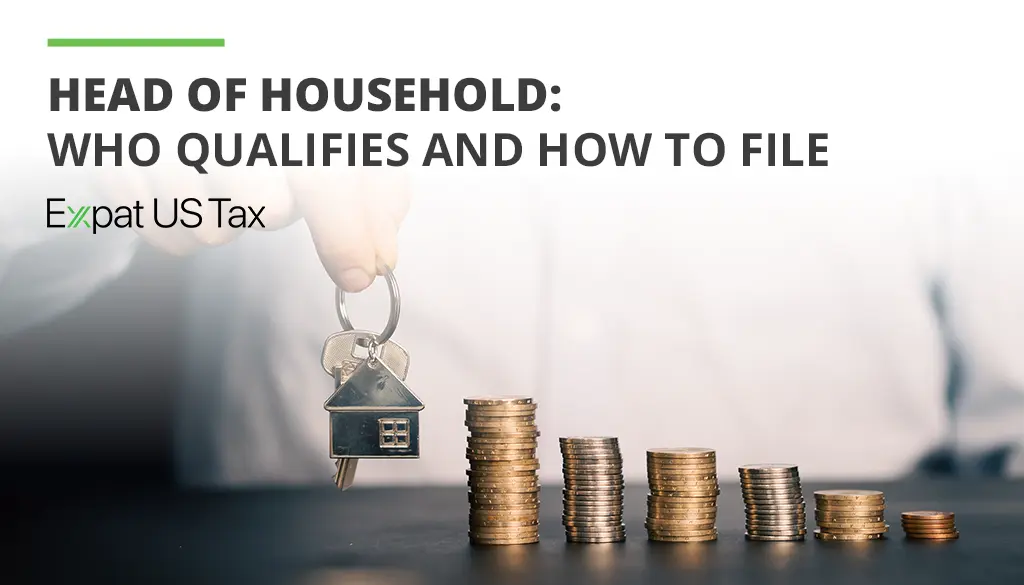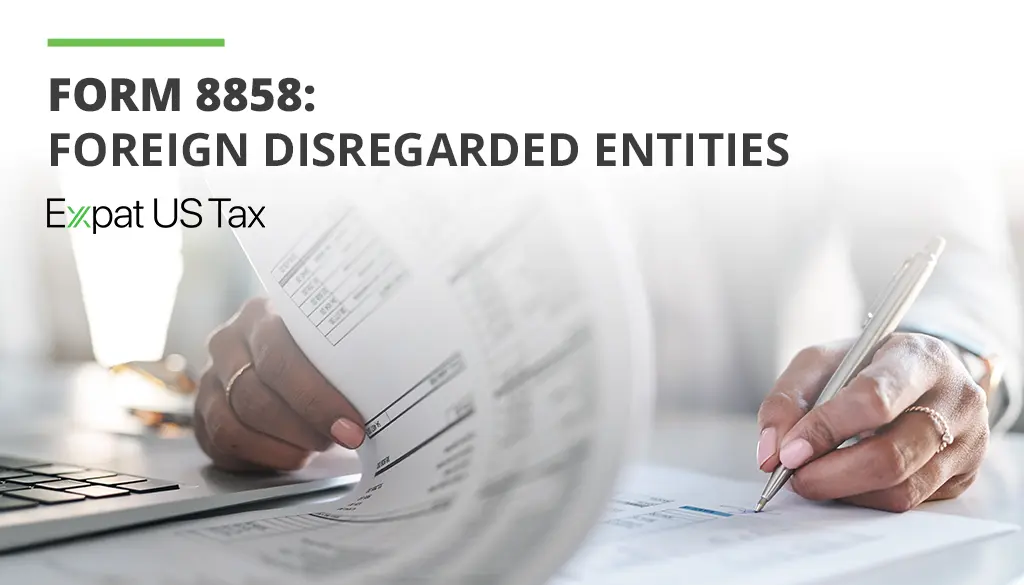Unit trust vs discretionary trust


Nick Wee, an IRS Enrolled Agent with 19 years of expat tax experience, specializes in US tax preparation, tax planning, and tax advice for US citizens and Green Card holders living and working in Australia. *Schedule a consultation with Nick today.
*30-minutes US$437.
Table of Contents
Unit trust vs discretionary trust: A guide for US expats
If you’re a US citizen living in Australia, navigating local trust structures can feel like a maze.
Two of the most common types of trusts in Australia are unit trusts and discretionary trusts. Both can be powerful tools for investing, asset protection, and estate planning—but they operate very differently, especially when you’re also dealing with the IRS back home.
Whether you’re considering setting up a trust or have already been named in one, here’s what you need to know.
What is a trust?
A trust is a legal arrangement in which one party (the trustee) holds and manages assets for the benefit of others (the beneficiaries), based on rules set out in a legal document called a trust deed.
Think of a trust as a container that holds property, investments, or cash. When these assets are transferred into a trust, they are legally separated from their initial owner. The trustee decides how and when those contents are passed on.
Who’s involved in a trust?
Every trust has three main roles:
- Grantor: The person who creates the trust and contributes assets.
- Trustee: The individual or company responsible for managing the trust.
- Beneficiaries: The people or entities who may receive income or capital from the trust.
📣 Note: In some cases, one person can take on more than one role, but in most discretionary trusts, these roles are kept separate for legal and tax clarity.
Unit trust: How it works
A unit trust is a structure where assets are divided into fixed portions known as units. Each unit holder is entitled to a defined share of the trust’s income and assets, depending on how many units they own—similar to company shares.
For example, if you own 40% of the units, you’re entitled to 40% of the trust’s income or capital distributions.
How it works:
- The trustee manages the trust but must distribute income strictly according to unit holdings, with limited discretion.
- Units can often be sold or transferred, which makes unit trusts popular in property investments and business ventures.
Discretionary trust: How it works
A discretionary trust—often called a family trust—gives the trustee full discretion over how income and assets are distributed. Beneficiaries do not have fixed rights to the trust’s income or assets.
Some beneficiaries may receive more than others or nothing at all, depending on the trustee’s decisions.
How it works:
- Each year, the trustee decides who receives income, how much, and when.
- This flexibility makes discretionary trusts popular for families aiming to distribute income strategically and improve tax efficiency.

Understand your trust risks. Speak with our experts
Unit trust vs discretionary trust: Key differences
Here’s a simple side-by-side breakdown:
|
Feature |
Unit trust |
Discretionary trust |
|
Ownership |
Based on the number of units held |
No fixed ownership |
|
Distribution |
Proportional to units held |
Trustee decides allocation |
|
Flexibility |
Low |
High |
|
Best for |
Investment structures and business partnerships |
Family wealth & tax planning |
|
Asset Protection |
Moderate, based on structure |
Stronger (due to no entitlement) |
|
Transferability |
Units can usually be sold or transferred |
Not transferable—beneficiaries have no ownership |
|
IRS Complexity |
Generally lower |
Higher, especially for US grantors |
📣 Key takeaway: A unit trust provides fixed entitlements to beneficiaries based on their unit holdings while a discretionary trust allows the trustee full control over who receives income or assets and in what amounts. In short, unit trusts provide certainty; discretionary trusts provide flexibility.
Tax implications for US expats
Australia and the US treat trusts differently for tax purposes. US citizens and Green Card holders are taxed on their worldwide income, including income from foreign trusts
Here’s where things get tricky. Depending on the type of trust and your role in it, you may owe US tax, even if you don’t receive any distributions.
Unit trust vs discretionary trust: IRS treatment and reporting
While both foreign trusts are scrutinized under IRS rules, unit trusts and discretionary trusts are not treated the same for US tax purposes. Here’s what to know:
Discretionary trust (foreign grantor trust)
If you created or funded the trust, the IRS will likely classify it as a foreign grantor trust. This means:
- You are taxed on all trust income, even if it is distributed to someone else.
- You must file Form 3520 (to report ownership/distributions) and Form 3520-A (to report trust activity).
- This may result in double taxation and significant reporting requirements.
Unit trust
Unit trusts may be treated more like investment vehicles and, as such, similar to a company, as the unit holdings are treated like shares. You may only need to report actual income distributions. However, you could still be required to file:
- Form 5471 – If you have control and the trust is considered a corporation by the IRS
- Form 8621 – Passive Foreign Investment Company
- Form 8938 – FATCA reporting for foreign financial assets
- FBAR (FinCEN Form 114) – if you have signatory over the trust accounts
Here’s a summary table on IRS forms for unit and discretionary trusts:
|
IRS Form |
Required for |
Purpose |
|
Form 3520 |
Discretionary trust (foreign grantor) |
Reports foreign trust ownership or distributions |
|
Form 3520-A |
Discretionary trust (foreign grantor) |
Trust’s annual information return |
|
Form 8938 |
Both |
Reports foreign financial assets |
|
FBAR (FinCEN 114) |
Both |
Reports foreign accounts exceeding US$10,000 |
📣 Key takeaway: IRS reporting requirements depend on how the trust is classified and whether you are the grantor, trustee, or beneficiary.
Which is better for US expats in Australia: Unit trust or Discretionary trust?
If you prefer simplicity, fixed returns, and potentially reduce IRS scrutiny, a unit trust may be the more practical option.
If you value flexibility, family wealth planning, and control, a discretionary trust may be suitable, though it brings added tax complexity.
There’s no one-size-fits-all answer because it will depend on your goals, risk tolerance, and level of involvement. It’s best to consult a US-Australia cross-border tax expert before choosing because the wrong structure could lead to IRS penalties or unexpected tax bills.
FAQs
Does the IRS treat unit trusts the same as discretionary trusts?
No. The IRS classifies them differently based on control and how the trust operates, and due to the unit holdings are viewed as companies rather than trusts.
Which trust structure is easier for US tax reporting?
If I’m just a beneficiary, do I still have to report the trust to the IRS?
Should US expats avoid discretionary trusts?



